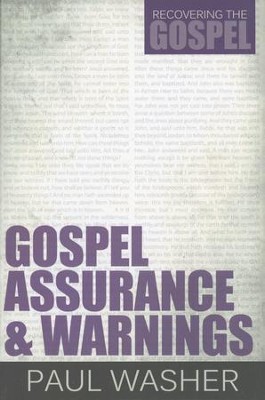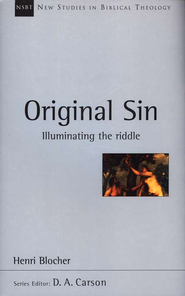The original question was about LOVE, not obedience. But every time you get into an argument about an intangible, such as love or faith, you turn the focus to doing.
Love is not a choice, the choice springs FROM love. Your thinking muddles the cause and effect, the root and fruit, after the fact.
Suppose Jesus wasn't in the garden that night, and didn't make the choice til sometime later. Would that mean He didn't love the Father yet? That seems to be the implication of your assertion.
Love, and a choice that may or may not spring from it, would be akin to electrical volts and amps. Voltage is the driving force, while amperage is the consumption. They aren't synonymous. Or in plumbing, water pressure versus volume. They aren't the same thing.
Electrical voltage and water pressure are there whether or not you ever flip a switch or turn a faucet handle.
If your view were correct, then it would have been impossible for Jesus to love the Father until He was made flesh. For when was the Word ever tempted to disobey in eternity?
Love is doing and obedience.
John 14:15 If ye love me, keep my commandments.
The original thread where I said love was a choice was concerning Adam and Eve in the garden, and mankind in general. God wants us to love him, and love is a choice.
Read 1 Corinthians 13 where love is described. It is an action.
1 Cor 13:3 And though I bestow all my goods to feed the poor, and though I give my body to be burned, and have not charity, it profiteth me nothing.
4 Charity suffereth long, and is kind; charity envieth not; charity vaunteth not itself, is not puffed up,
5 Doth not behave itself unseemly, seeketh not her own, is not easily provoked, thinketh no evil;
6 Rejoiceth not in iniquity, but rejoiceth in the truth;
7 Beareth all things, believeth all things, hopeth all things, endureth all things.
8 Charity never faileth: but whether there be prophecies, they shall fail; whether there be tongues, they shall cease; whether there be knowledge, it shall vanish away
You can say whatever you want, I will believe the word of God. And God's word says love suffers long, is kind, does not envy, does not boast, is not proud, does not seek it's own, etc...
These are ALL action words, whether you like that or not. Love is a choice, and love is an action. If love is not a choice, then why would God command us to love? Such a command would be nonsensical and unnecessary, either you would love without any command being necessary, or you could not possibly love, any commandment being vain and useless as it could not be performed.
Jesus did not HAVE to give himself up to the soldiers, he could have chosen to call on his Father and be rescued, but he did not. That is what scripture says whether you are willing to accept it or not.



